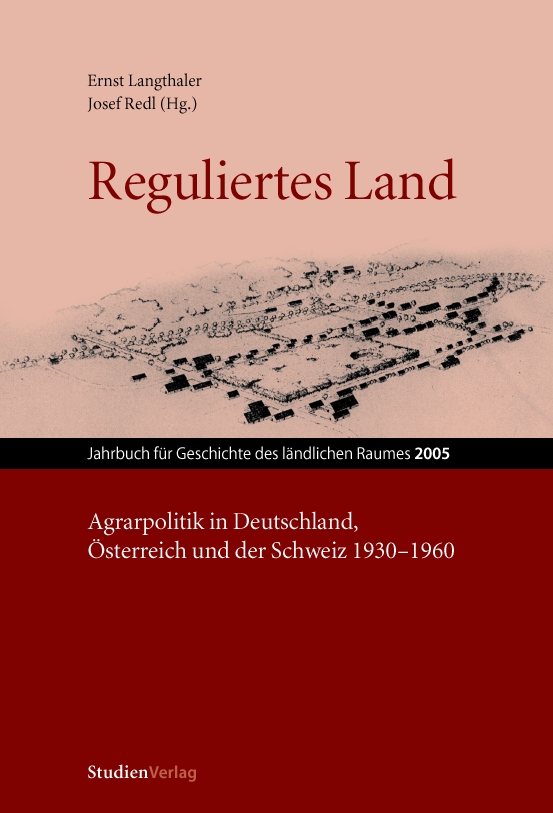Griff nach dem letzten Strohhalm?
Der nationalsozialistische „Gemeinschaftsaufbau im Bergland“ am Beispiel des Reichsgaues Tirol-Vorarlberg
DOI:
https://doi.org/10.25365/rhy-2005-16Abstract
Picking up a scarcely noticed topic within the National Socialist agrarian policy, this essay points out the ideological importance of mountain farmers and focuses especially on the operation ‘Gemeinschaftsaufbau im Bergland’. This operation emerged at the cleavage line between ideological and economic interests. Its intention was to maximise the production of food in agriculturally disfavoured alpine regions. The question arises, whether this operation was the clutch at the last straw in a situation when the food supply became more and more difficult or a well-calculated programme to increase the output of a widely unattractive mountain farmland. All in all, those alpine regions which took part in that operation received some money for machines and fertilizers and profited at least in materialistic aspects. Although the development of agricultural cooperations in mountain areas could neither be finished nor continued after the war, the ‘Gemeinschaftsaufbau im Bergland’ brought measurable improvements for a number of mountain farmers and, compared to their colleagues outside the operation, a better starting position after 1945.


